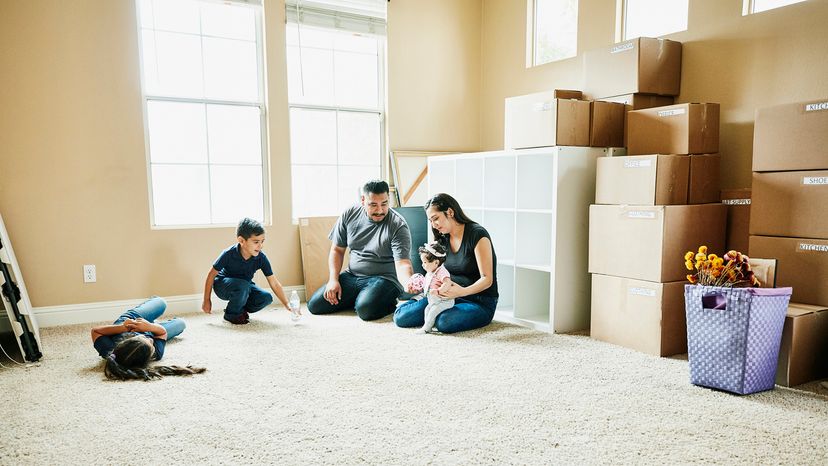
Getting everything you own from one home to another can be difficult to orchestrate. So, rather than just play it by ear and hope everything gets done in time, it's a good idea to make a solid plan for how to move well in advance of relocation.
There are plenty of reasons to pack up your belongings and find new digs. Is your family growing? Are you in search of lower rent or moving to live in a better home? Has a new job or job transfer landed you in a new city?
Advertisement
No matter the reason for the change of scenery, these moving and packing tips to make the moving process smoother.




